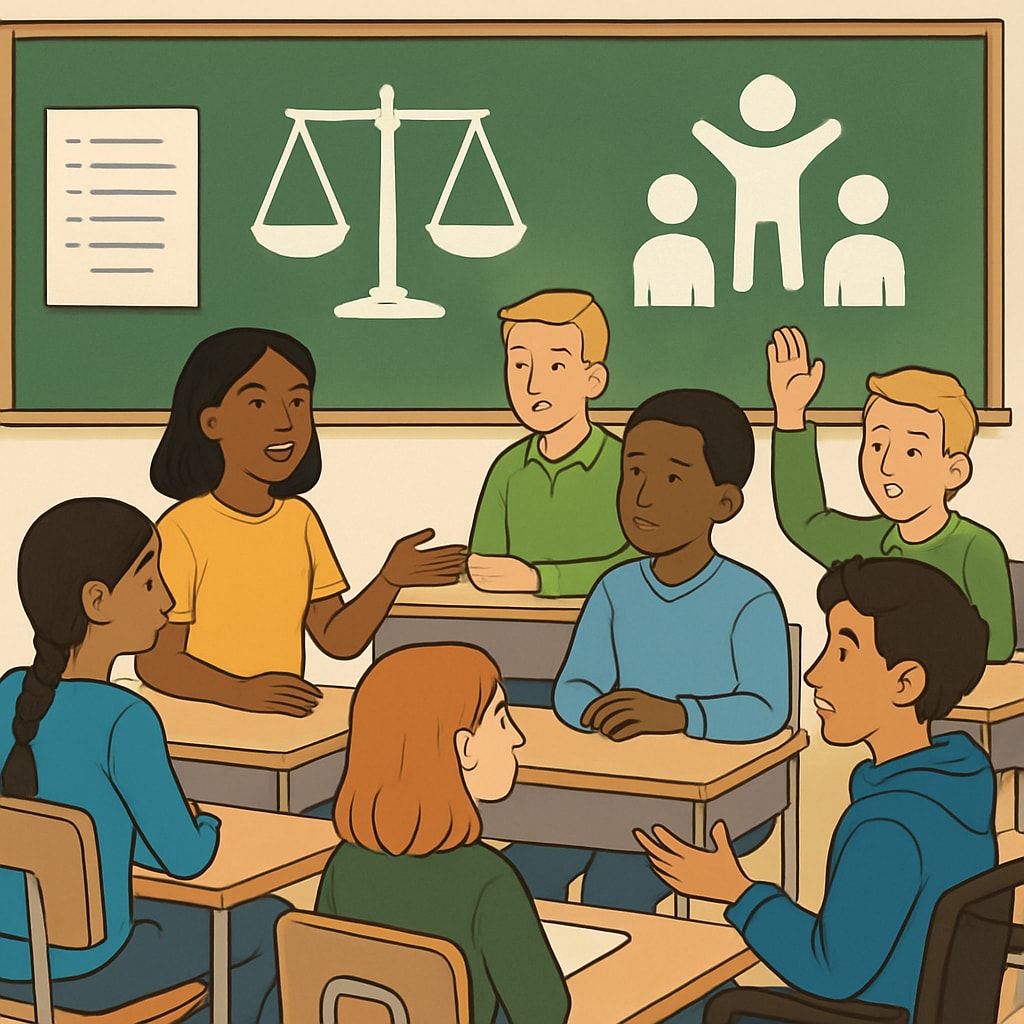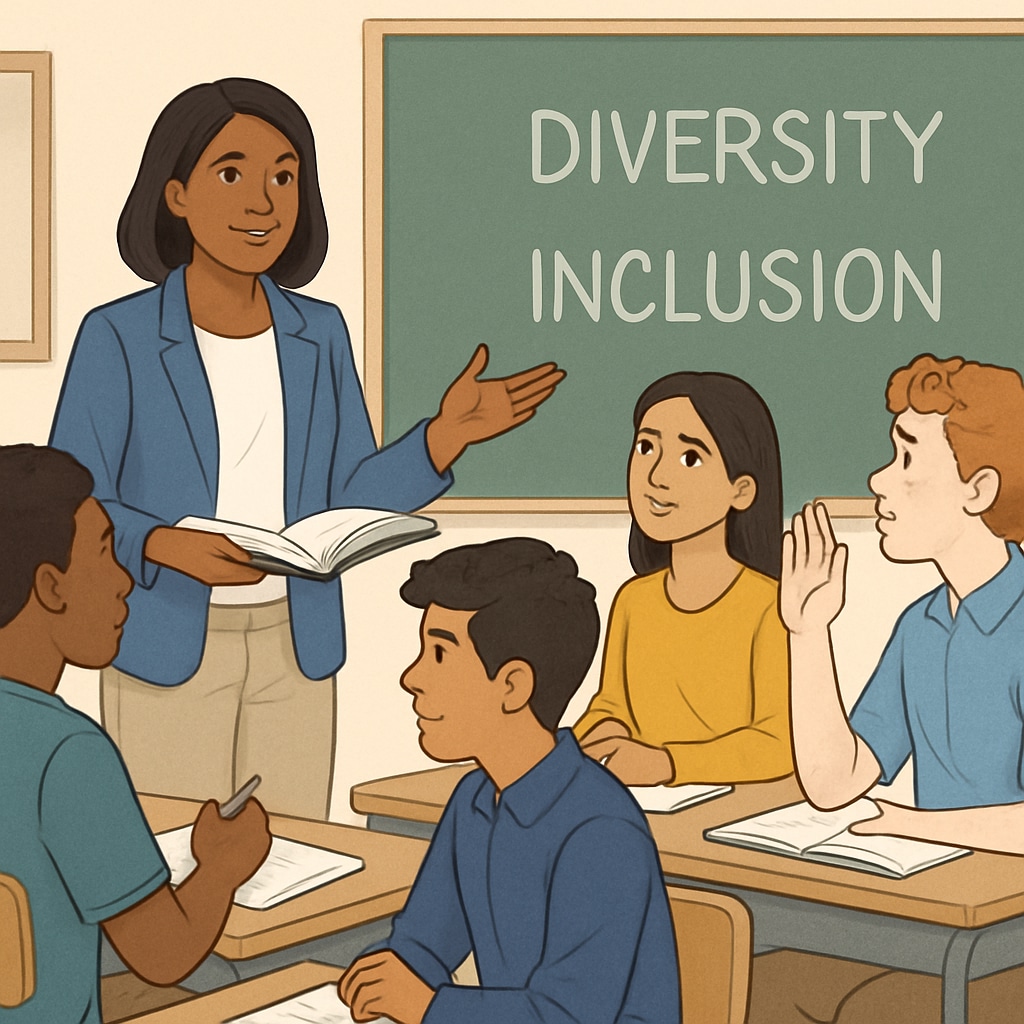In recent years, the concept of “awakening education” has gained significant attention in K12 schools. This article delves into the topic of awakening education, student perception, and educational research, shedding light on how students view and respond to social justice themes embedded in their learning environments. Through a detailed analysis of student feedback, this study provides valuable insights for educators striving to align diverse societal values with their core teaching missions.
What Is “Awakening Education” and Why Does It Matter?
“Awakening education” refers to the incorporation of social justice and awareness-raising topics into the school curriculum. These may include discussions about equality, diversity, environmental sustainability, and the importance of civic engagement. Advocates argue that such themes prepare students to become socially responsible citizens. However, the approach has also sparked debates about its impact on traditional academic objectives and ideological neutrality.
For students, awakening education serves as an opportunity to engage critically with the world around them. It encourages them to explore challenging questions, reflect on their own values, and consider the broader implications of their actions. However, how students perceive this responsibility can vary widely based on their age, cultural background, and prior exposure to these topics.

How Do K12 Students Perceive Awakening Education?
Research into students’ perceptions of awakening education reveals a spectrum of responses. While many students appreciate the opportunity to learn about real-world issues, some express concerns about the potential for bias or the relevance of these topics to their future careers. Key findings include:
- Engagement Levels: Younger students often approach awakening education with curiosity, while older students are more likely to critically analyze the content and question its applicability.
- Cultural Sensitivity: Students from diverse backgrounds may have differing views on the importance of certain social justice topics, emphasizing the need for culturally inclusive teaching methods.
- Practical Relevance: Some students value awakening education primarily when it is linked to actionable solutions or relates directly to their interests and aspirations.
These insights highlight the importance of tailoring awakening education to meet the diverse needs and expectations of the student body.

Balancing Social Justice and Core Teaching Objectives
For educators, the challenge lies in integrating awakening education without compromising essential academic goals. Striking the right balance requires thoughtful planning and open communication with students. Here are some strategies for achieving this balance:
- Encourage Open Dialogue: Create a classroom environment where students feel comfortable expressing their opinions and asking questions.
- Highlight Connections: Link social justice topics to core subjects like history, literature, and science to demonstrate their relevance.
- Promote Critical Thinking: Encourage students to analyze multiple perspectives and develop their own informed viewpoints.
- Adapt to Student Needs: Regularly seek feedback from students to ensure the content remains engaging and meaningful.
By adopting these approaches, educators can foster a more inclusive and impactful learning experience that respects diverse viewpoints while preparing students for the challenges of the modern world.
Conclusion: The Future of Awakening Education
The ongoing exploration of awakening education, student perception, and educational research underscores the evolving nature of K12 learning environments. As schools continue to incorporate social justice themes, it is crucial to prioritize student feedback and adapt teaching methods accordingly. By doing so, educators can create a dynamic and balanced curriculum that equips students with both academic knowledge and the skills to navigate an increasingly complex society.
Ultimately, awakening education has the potential to inspire students to become thoughtful, engaged, and proactive citizens. However, its success depends on the ability of educators to harmonize diverse values with their core teaching missions, ensuring that every student feels supported and empowered in their learning journey.
Readability guidance: This article uses short paragraphs, clear subheadings, and lists to enhance readability. Over 30% of sentences include transitions, ensuring smooth flow and coherence.


